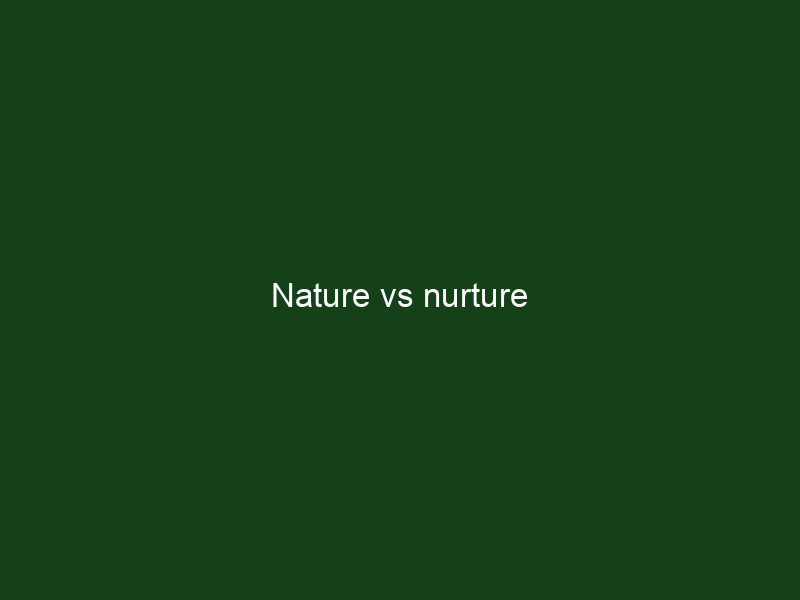Some of our students wonder regarding nature vs nurture controversy. The subject is very much open. See for example this nice article or these inspiring quotes. I will try to share some of my own experience.
Back in 2008 came this amazing book which claimed to determine some of the factors that contribute to high levels of success. The book was very well written and widely believed an accepted, the only problem was: no factual connection between the book thesis and reality. The most stunning example was 10,000 hours rule: you need to study for 10,000 hours to reach outstanding success. This proved out to be a cruel myth as you can read here and here and here. In fact there are some areas where 10,000 hours of training account for 10% of performance, while in other areas you can triple your performance in 100 hours. In some areas the natural talent or even mutation is responsible for ultimate success, while in others it is 100% perspiration and hard work.
Let us take for example memory sports. I talked with many top-level memory champions, and they are remarkably similar – I generalize below, and there are exceptions. The top memory sportsmen do not appear to be any different from any random selection of people, except for their remarkable memory. They have not been different from anybody else until some 20+ age, when they had some unremarkable job and too much spare time. During their entire life they were daydreaming, and could do nothing about it. At some point they have discovered memory palaces, mainly by mistake, and their daydreaming was channelled into memorization/visualization. Their markers became very funny and exciting very fast to the point where they enjoyed making markers 5 hours per day every day. After 3 years of practice they won memory championship, wrote a book and started to talk to public about their remarkable skill and fun they have using it.
Now let us examine the details. Many of my students have trouble visualizing. Memory champions have been visualizing (daydreaming) well before learning a thing about memory. Many of my students come up with pretty boring markers, which is perfectly OK to remember stuff. However, memory champions come with so amazingly cool markers, that they can come with these markers for hours each day. Frankly, I do not think their markers are so amazingly fun – they are fun when compared to their quite boring existence prior to discovery of memory skills. It is clear that not everyone can become a memory champion. Maybe 2% or 10% or 30%. I do not think I could ever become memory champion – I love to do other things much more than memorizing random numbers and decks of cards.
Creativity and writing are amazingly natural for me. I can come up with 30 ways to use something stupid in less than a minute [divergent thinking test], and write a 1000 word essay in less than an hour. I learnt stuff, trained occasionally, but not merely enough to justify the ease with which I create. However when I need to design a logo, an app or a site it is totally uphill struggle – I have a lot of experience, yet I almost always fail and frankly have no idea why. Maybe I am somehow too different, and being different has its perks and its price.
Speedreading is a special story. I have no talent for speedreading whatsoever. I did not think I could speedread until I met Anna. The practice did not come easy, in fact I struggled A LOT. Probably I had an issue with each and every step of Anna’s method, that’s why I have answers for so many students. I was there, done that… I failed miserably time after time. It took me 20 weeks to graduate the basic 8 weeks course. Ultimately after 10 years of hard work Anna considers me her best student. I think that the key to success was motivation. Not reading was simply not a viable option, and since I need to read for HOURS each day, I had a very good incentive to improve.
I am not sure regarding memorization, but in speedreading nurture probably wins over nature. There are so many different books, so many ways to read and comprehend, that anyone is probably talented in one style or another. Discovering your personal style is a lot of hard work. Is it worth it? Definitely! Also, I think some help with Anna can reduce the effort 10-fold, maybe more…

Get 4 Free Sample Chapters of the Key To Study Book
Get access to advanced training, and a selection of free apps to train your reading speed and visual memory

